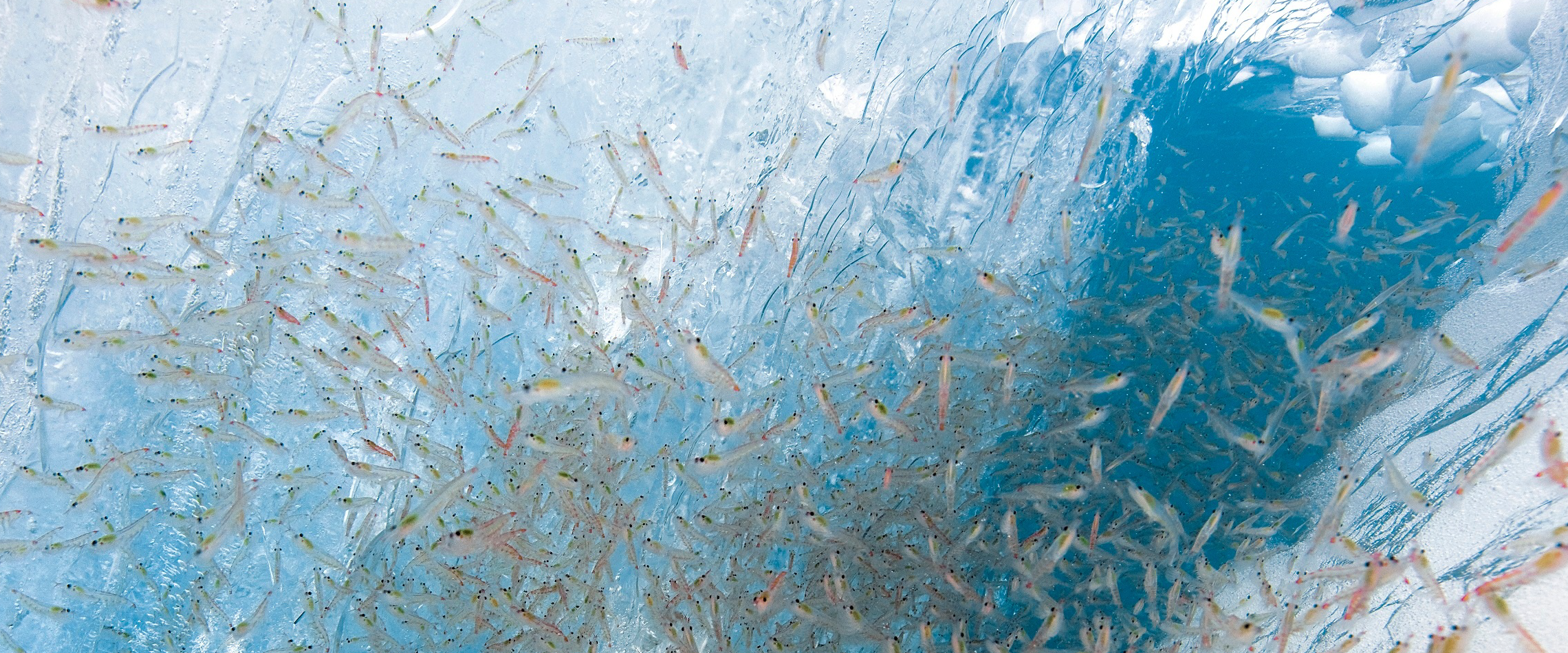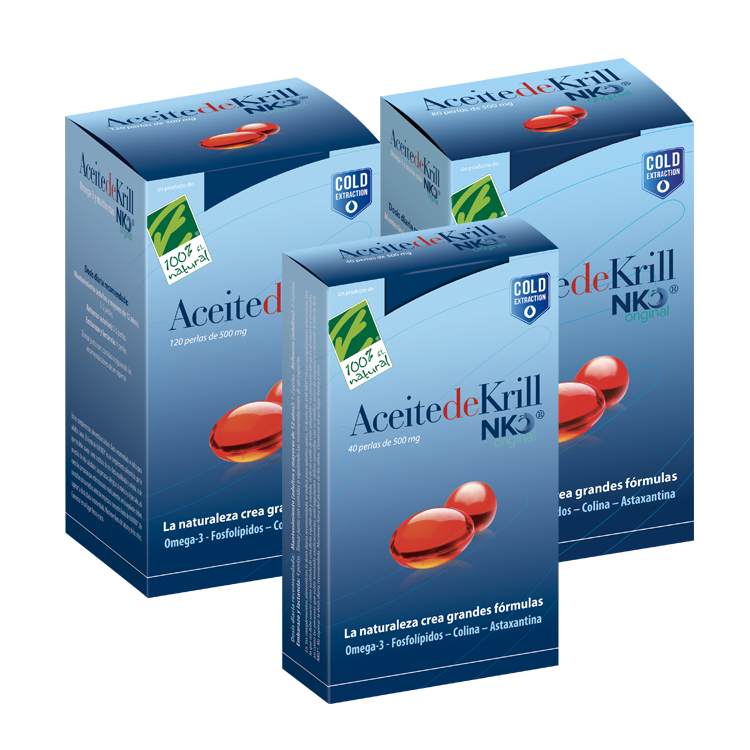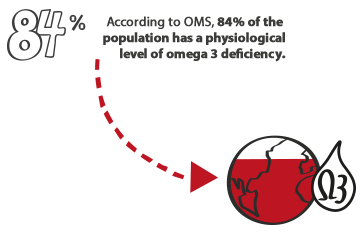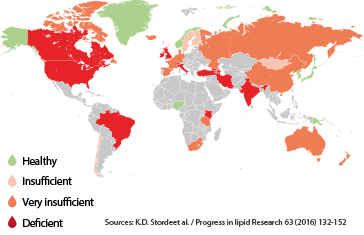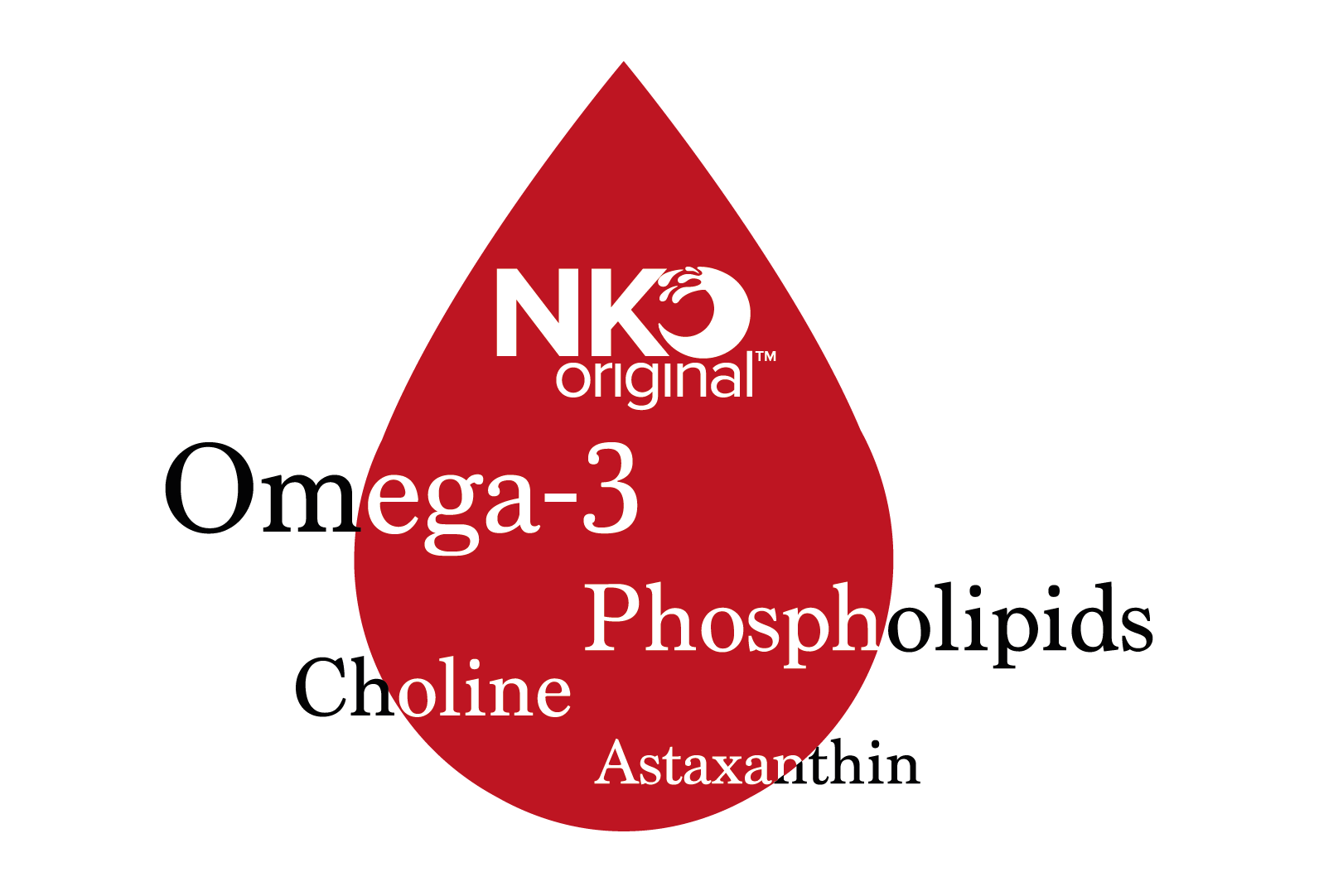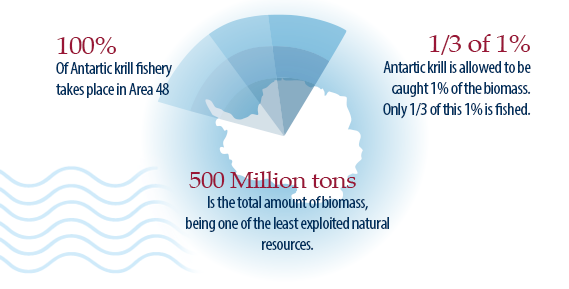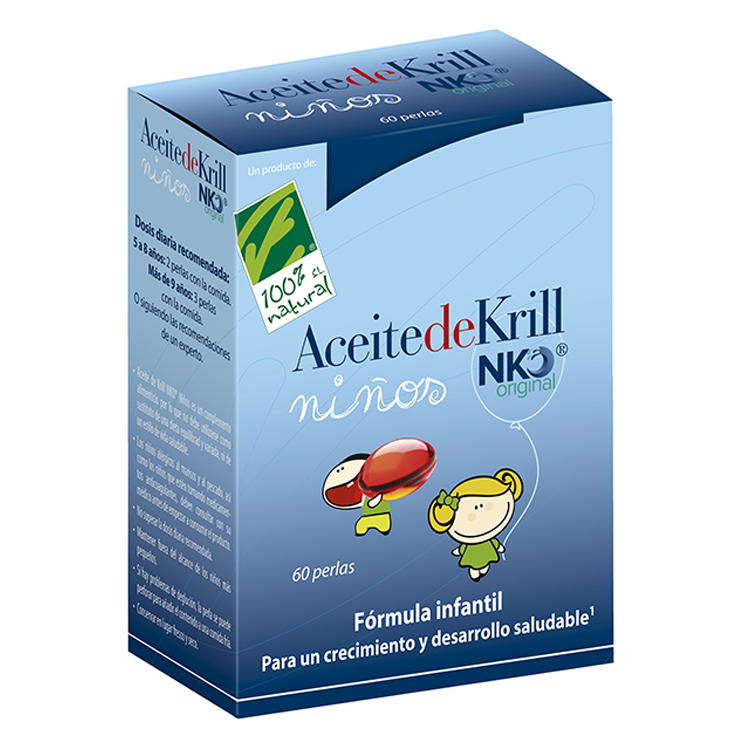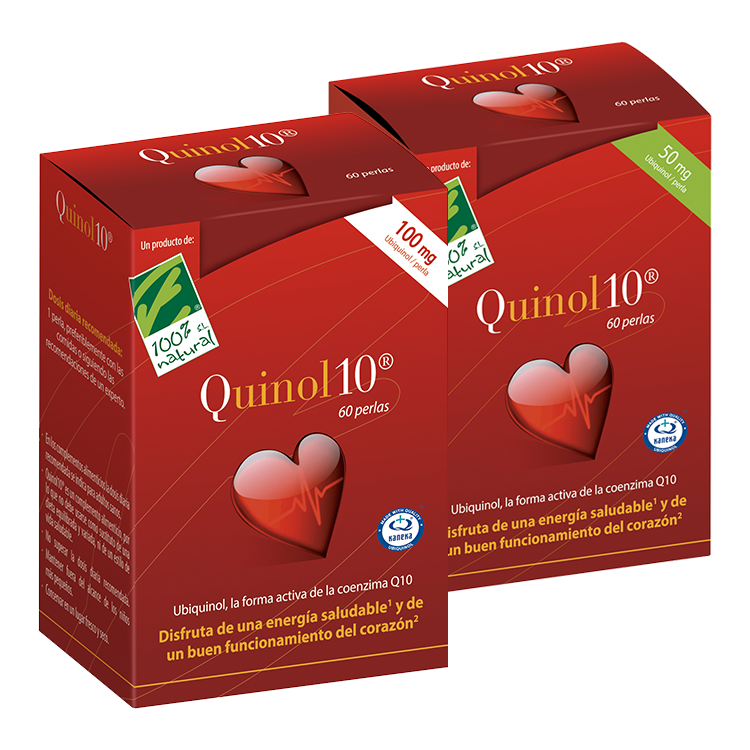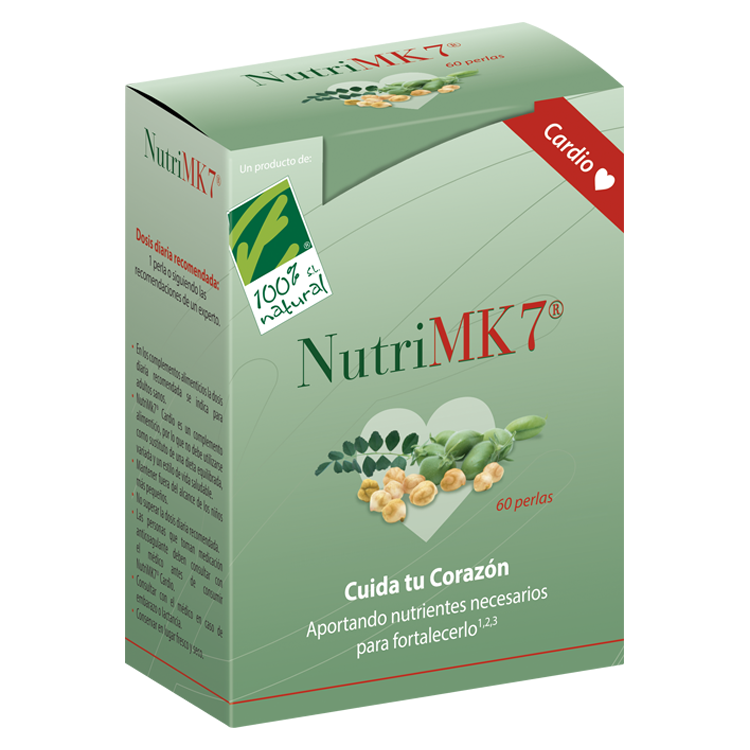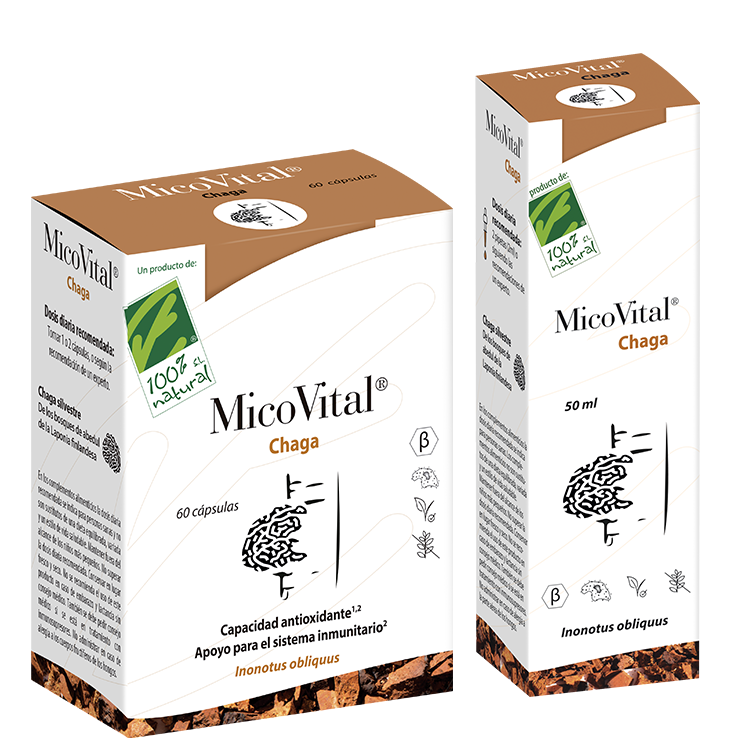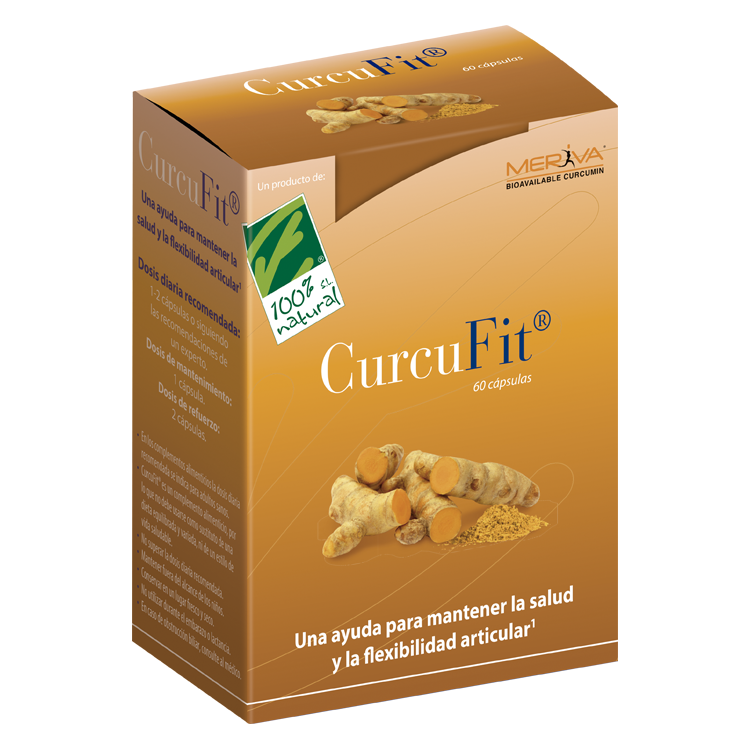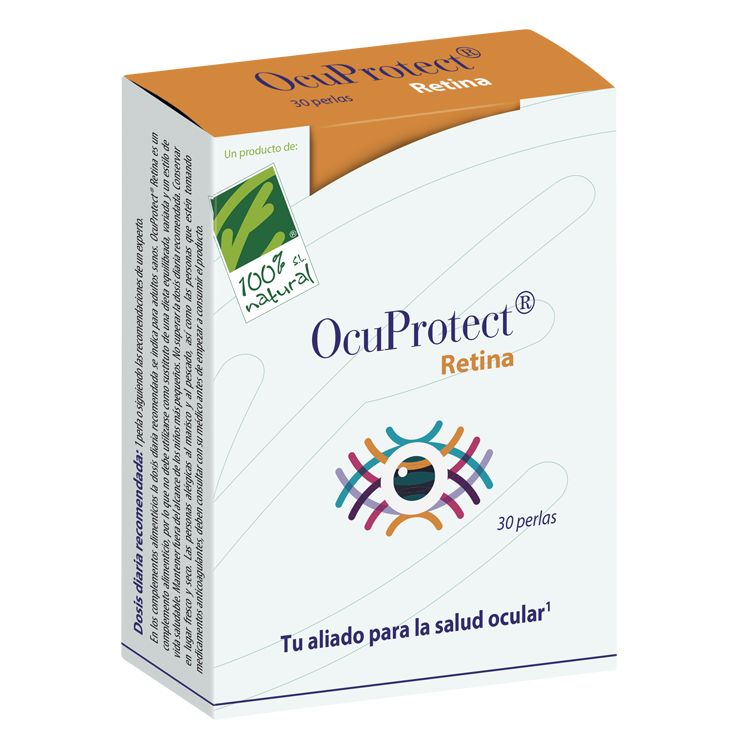What is NKO® Krill Oil?
NKO® Krill Oil is a dietary supplement that contains the cold-extracted oil of Antarctic krill (Euphausia superba), rich in long-chain omega-3 essential fatty acids EPA (eicosapentaenoic acid) and DHA (docosahexaenoic acid), linked to phospholipids, which improves the absorption and bioavailability of omega-3 compared to other sources of omega-3 1. In addition, NKO® Krill Oil naturally contains a significant amount of choline and astaxanthin.
The NKO® logo guarantees you a product of the highest quality and purity, caught and processed with scrupulous respect for the ingredient and for the environment.
1 - Bioavailability and steady state assessment of EPA and DHA out of different formulations including Neptune Krill Oil (NKO). BioTeSys GmbH. Esslingen, 16th February 2009.
Lets talk about krill
Krill (Euphausia superba) is a small crustacean that lives in the deep waters of the Antarctic Ocean and represents one of the most abundant biomasses on the planet (approx. 379,000,000 tons).
Krill can survive up to 200 days without food, shrinking and using their bodys biomaterial to store energy in the form of lipids, although not all krill families store their lipid stores in the same way. The members of the Euphausiidae family are the only known species where phospholipids are used as energy stores, and in particular, the Antarctic krill Euphausia superba uses the phosphatidylcholine contained in omega-3 fatty acids as its lipid reserve.
Do we need Omega-3 in our diet?
A July 2016 study published in Progress in Lipid Research demonstrated that there are significant deficiencies in the levels of long-chain omega-3 EPA (eicosapentanoic acid) and DHA (docosahexaenoic acid) among the majority of the worlds population.
Sources of long-chain omega-3 such as EPA and DHA are oily fish, shellfish (such as krill) and some seaweed (DHA only).
The consumption of NKO® Krill Oil helps to achieve a healthy level of omega-3.
What is special about Antarctic krill oil?
Antarctic krill oil has a very important characteristic: The long-chain omega-3s in NKO ® Krill Oil are bound to phospholipids and are therefore better incorporated into various organs such as the brain, heart and eyes, than sources of omega-3 in the form of triglycerides.
In the natural composition of Antarctic krill oil, we find:
- Omega-3 fatty acids (EPA and DHA)
- Astaxanthin, a powerful carotenoid, responsible for the red color of the oil and which, among other benefits, protects the oil against oxidation.
- Choline, an essential nutrient that contributes to normal lipid metabolism.
Compared to other sources of omega-3, krill is highly prized, because its key fatty acids are more bioavailable. The first and most notable benefit that consumers find is that a lower dose is needed. Another notable benefit is the absence of reflux because the omega-3 in krill mixes with the stomach contents, preventing unpleasant digestive problems, often associated with other marine sources of omega-3.
What are phospholipids?
Phospholipids are fats that make up the membrane of every cell in our body. They consist of a phosphate head and two lipid tails where, in the case of Krill oil, omega-3 is found. They are called “cellular gatekeepers” because they form the important barrier that regulates cell function.And what are they good for?
Phospholipids are important to cell structure because they help maintain cell stability and integrity. We can consider phospholipids as the most important bricks to properly build a house. Its omega-3 content is very important, since these lipids provide flexibility to membranes. In addition to being structurally important for cells, they are responsible for transporting and inserting long-chain omega-3, EPA and DHA into cell membranes through the blood to make the most of the benefits of omega-3.Benefits of Krill Oil
Outstanding Qualities of NKO® Krill Oil
- High cellular uptake of EPA and DHA.
- 12 times greater bioavailability of choline compared
with choline salts. - Patented cold extraction process.
- Easy digestion and great absorption.
- No smell or aftertaste.
Traceability
Krill is one of the most abundant biomasses on the planet. It is estimated that, in Antarctica, this biomass is around 500 million tons, making it one of the least exploited natural resources on the planet.
Krill fishing in Antarctica is allowed as long as it is carried out in a sustainable way and does not harm the ecosystem. It is controlled by the CCAMLR (Commission for the Conservation of Living Antarctic Marine Resources), responsible for the conservation of all Antarctic marine ecosystems. Currently, fishing is mainly carried out in area 48, and it is carried out in a very stable way, since the consensus of 25 nations is required to change any fishing regulation in Antarctica. Although 1% of catches are authorized, the current total of catches is 1/3 of this 1%.
All of this is accredited by a number of regulatory bodies:
100% Natural NKO® Krill Oil has the Friend of the Sea® and Eco Harvesting TM certifications that prove its respect for the environment, and our partner for fishing and extraction is also certified by MSC (Marine Stewardship Council) and AWR (Antarctic Wildlife Research Fund).
Do you want to know where your krill has been caught?
Somewhere in Antarctica, krill has been fished from your NKO® Krill Oil. Do you want to know where? Have the product handy, look at the bottom and look for the lot click here and discover it
CERTIFICATES



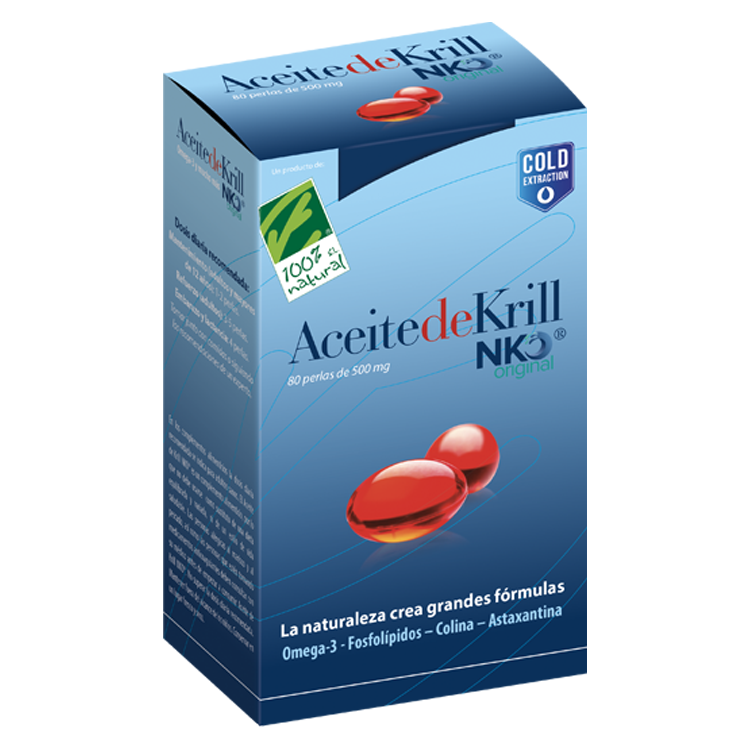
- Box of 40 500 mg beads, in a blister pack.
- Box of 80 500 mg beads, in a blister pack.
- Box of 120 500 mg beads, in a blister pack.
- Maintenance dose (adults and children >12 years old): 1-2 pearls/day with food, or as recommended by an expert.
- Reinforcement (adults): 3-5 pearls/day, with food.
- Pregnancy and breast-feeding: 4 pearls/day, with food.
1 500 mg pearl contains:
Phospholipids
|
225 mg
|
Total omega-3 fatty acids
|
125 mg
|
Colina
|
25 mg
|
Astaxanthin
|
0.2 mg
|
Ingredients: NKO® Antarctic Krill Oil (lipid extract of the crustacean Euphasia superba), pearl (fish gelatin).
- In dietary supplements, the recommended daily dosage is indicated for healthy adults.
- Do not exceed the recommended daily dosage.
- NKO® Krill Oil should not be used as a substitute for a balanced and varied diet or for a healthy lifestyle.
- People who are taking blood-thinning medications should consult their doctor before consuming NKO® Krill Oil
- Keep out of reach of children.
- Store in a cool, dry place.
- May contain traces of crustaceans.
- Fish gelatin pearl.
- PVPR 40 pearls: 26,75€
- PVPR 80 pearls: 45,95€
- PVPR 120 pearls: 61,50€
If you need to ask any questions about this or other products and ingredients, do not hesitate to contact us at 91 386 53 70.



